Innovative food science and emerging technologies are critical areas of focus for the food industry. With a growing population, increasing demand for sustainable food sources, and concerns around food safety, there is a pressing need for innovative solutions to address these challenges.
In recent years, the field of food science innovations has made significant strides in developing novel approaches to food production and processing that are more efficient, sustainable, and safe. These advancements are often driven by emerging technologies, such as nanotechnology, blockchain, and artificial intelligence.
In this blog post, we will explore the latest trends and developments in innovative food science and emerging technologies, and discuss their implications for the food industry. By the end of this post, you’ll have a better understanding of how food science innovations are shaping the future of food.
Innovative Food Science
Innovative food science is a rapidly evolving field that is transforming the way we produce, process, and consume food. With the aim of providing safe, sustainable, and nutritious food to a growing population, food science innovations are taking an increasingly important role in the food industry.
Some of the most exciting developments in innovative food science include plant-based proteins, cellular agriculture, and precision fermentation. These innovative approaches offer new ways to create sustainable and nutritious food products that have a lower environmental impact than traditional animal-based products.
For instance, plant-based proteins can be used to create meat alternatives that look, taste, and feel like real meat, while cellular agriculture is being used to produce meat products from animal cells without the need for livestock. Precision fermentation, on the other hand, involves using microorganisms to make proteins and other food ingredients in a highly controlled environment. With these innovative approaches, the food industry is poised to provide more sustainable and nutritious food options to consumers.
Emerging Technologies
Emerging technologies are revolutionizing the food industry and transforming the way we grow, process, and distribute food. From nanotechnology to blockchain, and artificial intelligence, these technologies offer exciting new possibilities for food science innovations.
Nanotechnology
Nanotechnology involves manipulating matter at the nanoscale level, which is smaller than the width of human hair. This technology is being used in food science to create new functional materials, enhance food safety, and develop new delivery systems for nutrients and flavours. For example, nanoparticles can be used to encapsulate nutrients, allowing them to be more easily absorbed by the body.
Blockchain Technology
Blockchain is a digital ledger that allows for secure and transparent transactions. In the food industry, blockchain is being used to track the journey of food products from farm to table, providing consumers with greater transparency and traceability. This technology is especially useful in ensuring food safety and preventing food fraud, as it allows for the quick and efficient tracking of food products.
Artificial intelligence (AI)
Artificial intelligence (AI) is another emerging technology that is having a significant impact on the food industry. AI can be used to optimize production processes, predict food demand, and improve food safety. For example, AI can be used to monitor food production lines in real time, detecting potential issues before they become serious problems. AI-powered sensors can also be used to monitor food quality and safety, ensuring that only high-quality products make it to the market.
Overall, these emerging technologies are opening up new possibilities for food science innovations, enabling the food industry to produce more sustainable, nutritious, and safe food products.
However, with these new possibilities also come challenges. For example, there are concerns about the safety and environmental impact of nanotechnology. Additionally, the use of blockchain and AI raises questions about privacy and data security. As these technologies continue to evolve, it will be important for the food industry to address these challenges and ensure that these innovations are used in a responsible and ethical way.
Another emerging technology that is having a significant impact on the food industry is –
3D printing
3D printing. This technology allows for the creation customized food products with specific nutritional profiles and flavours. For example, 3D printing can be used to create personalized protein bars, smoothies, or even entire meals tailored to an individual’s dietary needs. This technology has the potential to revolutionize the way we think about food, offering new possibilities for personalized nutrition and food design.
Another promising technology is Precision agriculture, which involves using data analytics, machine learning, and sensors to optimize crop production. Precision agriculture allows farmers to monitor soil conditions, weather patterns, and crop growth in real time, enabling them to make data-driven decisions about when to plant, irrigate, and harvest crops. This technology can help farmers increase yields, reduce waste, and minimize environmental impact.
In conclusion, emerging technologies are transforming the food industry and enabling food science innovations that were once unimaginable. From nanotechnology to the blockchain, and artificial intelligence to 3D printing, these technologies offer exciting new possibilities for creating sustainable, nutritious, and safe food products. However, it is also important to consider the potential challenges and ethical implications of these technologies as we continue to develop and implement them in the food industry.
Applications of Innovative Food Science and Emerging Technologies
Innovative food science and emerging technologies are being applied across the food industry, from production to consumption, to create more sustainable, nutritious, and safe food products. Some of the key applications of these technologies include:
- Food processing: Innovative food science is being used to create new processing techniques that preserve the nutritional value and sensory qualities of food products. Emerging technologies such as high-pressure processing and pulsed electric field processing are being used to produce minimally processed foods that are free of chemical preservatives and additives.
- Food packaging: Innovative food science is also being used to develop new food packaging materials that are biodegradable, recyclable, and can extend the shelf life of food products. Emerging technologies such as nanotechnology and active packaging are being used to create antimicrobial films and coatings that can prevent the growth of bacteria and extend the shelf life of food products.
- Food safety: Emerging technologies such as blockchain, AI, and precision agriculture are being used to improve food safety and reduce the risk of foodborne illness. These technologies enable quick and efficient tracking of food products throughout the supply chain, allowing for early detection and response to potential food safety issues.
- Sustainable food production: Innovative food science and emerging technologies are also being used to develop more sustainable food production methods. For example, plant-based proteins, cellular agriculture, and precision fermentation are being used to create sustainable and nutritious alternatives to traditional animal-based products.
- Personalized nutrition: Emerging technologies such as 3D printing and precision agriculture are also used to create customised nutrition solutions tailored to individual needs. 3D printing allows for creation of customized food products with specific nutritional profiles and flavours, while precision agriculture enables farmers to grow crops that meet specific nutritional requirements.
Overall, the applications of innovative food science and emerging technologies are diverse and offer exciting possibilities for creating sustainable, nutritious, and safe food products. As these technologies continue to evolve, we can expect to see even more innovative applications in the food industry.
For example, companies like Impossible Foods and Beyond Meat are using innovative food science and emerging technologies to create plant-based meat alternatives that are virtually indistinguishable from traditional meat products in terms of taste, texture, and nutritional profile. These products are not only more sustainable and environmentally friendly, but they also offer a healthier alternative for consumers looking to reduce their meat consumption.
In addition to plant-based meat alternatives, emerging technologies like cellular agriculture and precision fermentation are being used to create sustainable and ethical alternatives to animal products. These technologies involve growing meat, dairy, and other animal products in a lab using cell cultures, rather than raising and slaughtering animals. While these technologies are still in the early stages of development, they offer promising possibilities for creating sustainable and ethical food products.
Another area where innovative food science and emerging technologies are being applied is food waste reduction. Technologies like sensors and data analytics are used to monitor and optimize food production and distribution, reducing waste and improving efficiency. In addition, innovative food processing techniques are being used to repurpose food waste into new products, such as juice pulp used in plant-based meat products.
Overall, the applications of innovative food science and emerging technologies are numerous and offer exciting possibilities for creating sustainable, nutritious, and safe food products. As these technologies continue to evolve, it will be important for the food industry to ensure that they are used in a responsible and ethical way, with a focus on sustainability, safety, and accessibility.
Conclusion
Innovative food science and emerging technologies are transforming the food industry and providing exciting possibilities for creating sustainable, nutritious, and safe food products. From food processing and packaging to food safety and sustainable food production, these technologies offer innovative solutions to some of the most pressing challenges facing the food industry today.
As consumers become increasingly concerned about the environmental impact of their food choices and demand more sustainable, healthy, and ethically produced food products, innovative food science and emerging technologies are essential for meeting these demands. By utilizing these technologies, the food industry can reduce its environmental footprint, improve food safety, and create more nutritious and accessible food products.
However, it is important to note that as with any emerging technology, there are potential risks and challenges associated with the use of innovative food science and emerging technologies. It will be important for the food industry to prioritize the ethical and responsible use of these technologies while ensuring that they are accessible and affordable to all consumers.
As we continue to face global challenges such as climate change, population growth, and food insecurity, innovative food science and emerging technologies will play an increasingly important role in shaping the future of food. By investing in these technologies and working towards a more sustainable, nutritious, and accessible food system, we can create a healthier and more equitable future for all.

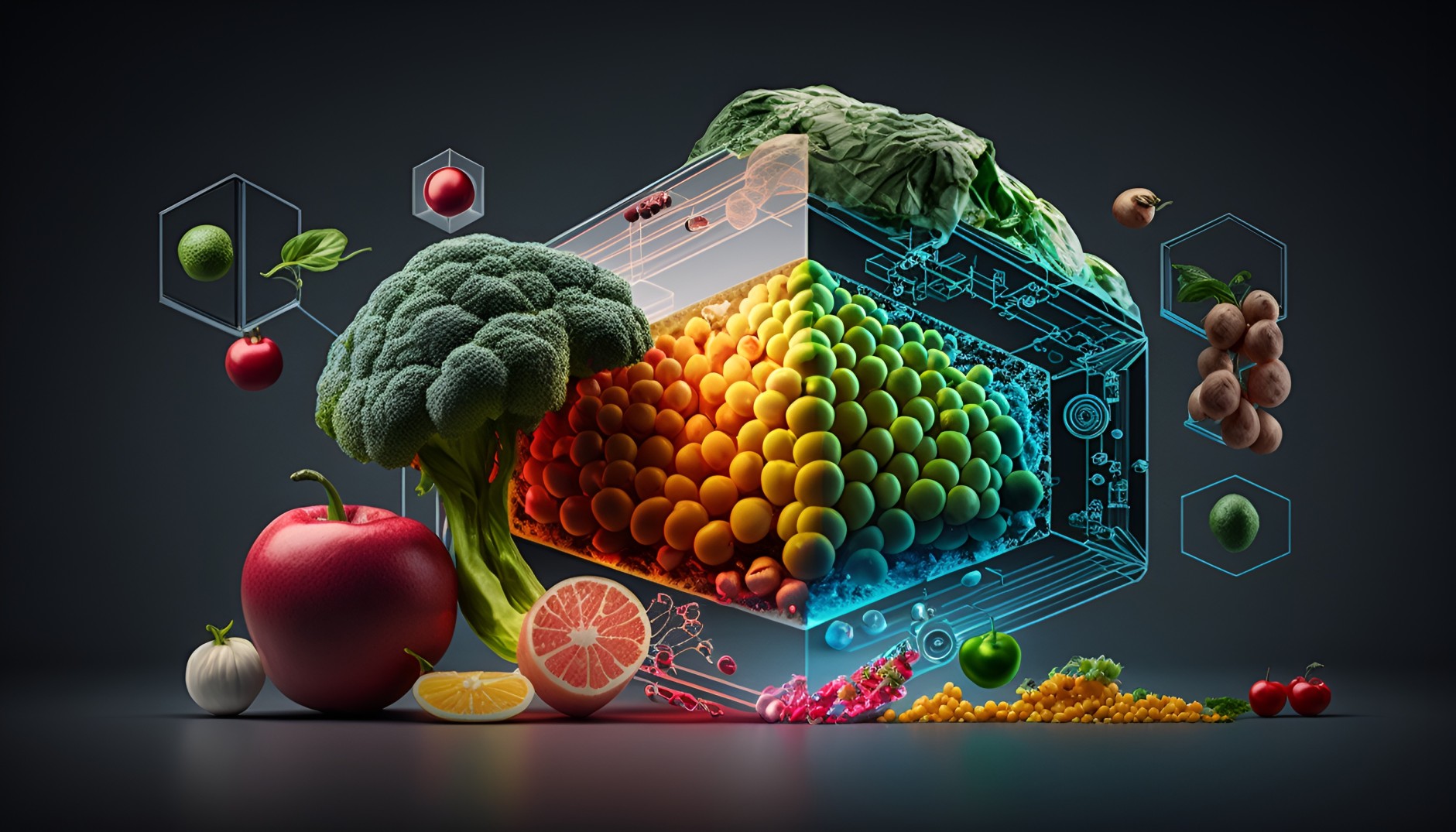

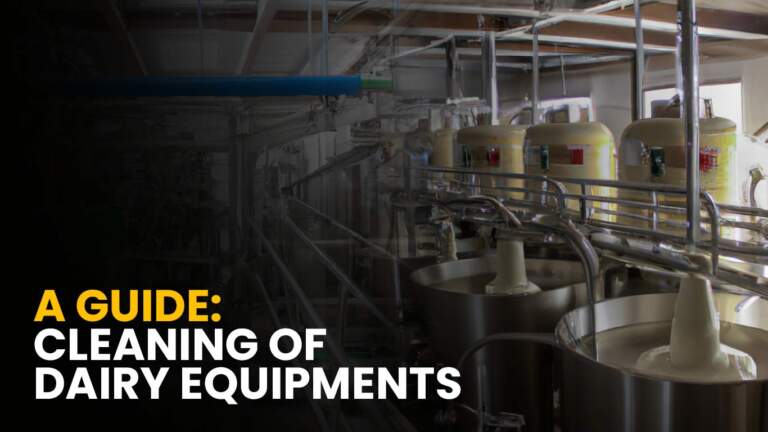

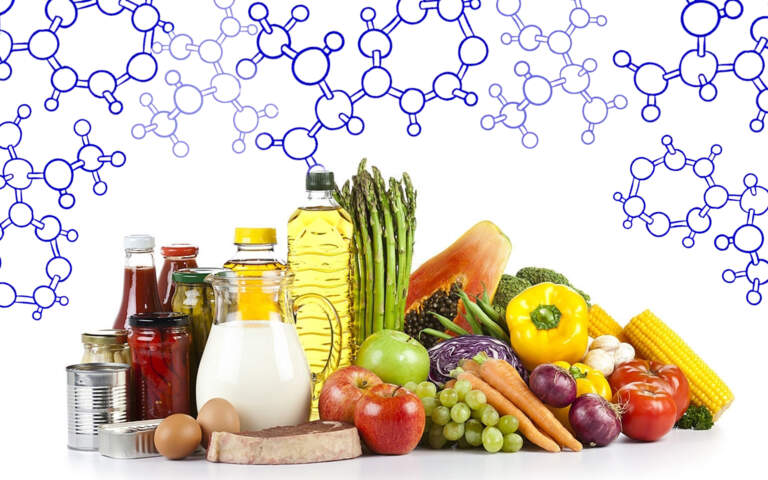


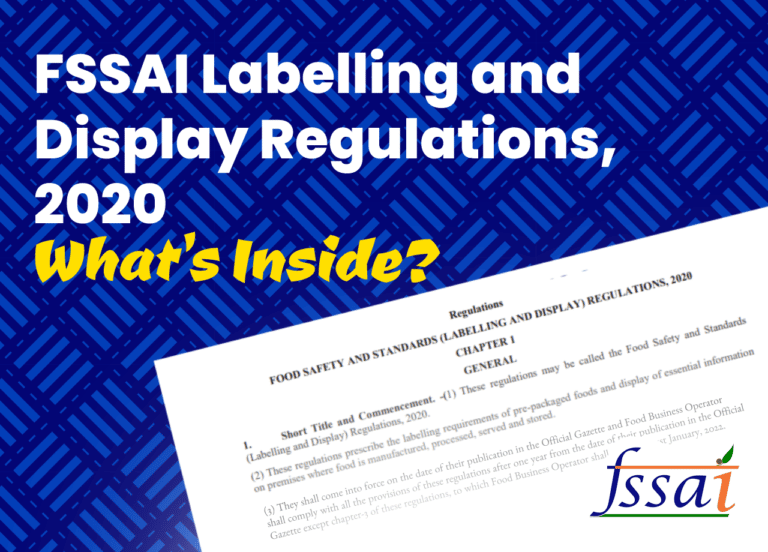
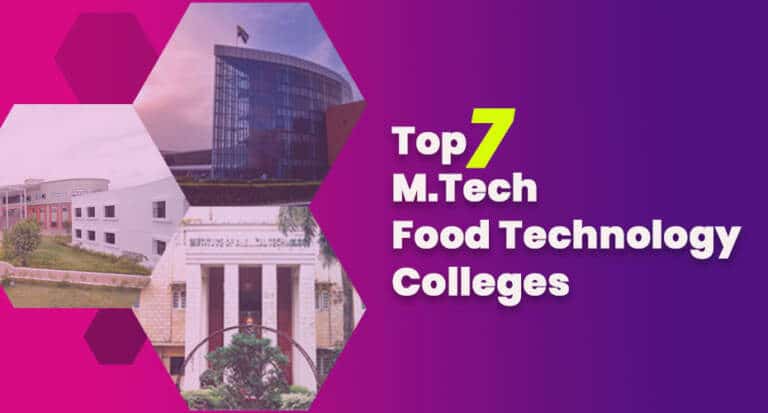
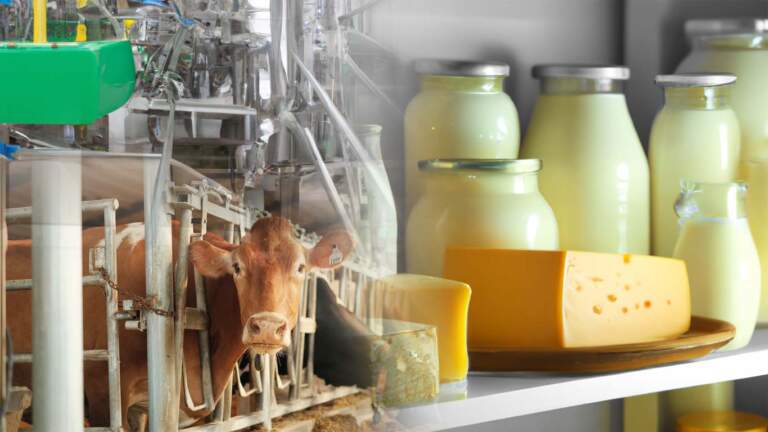
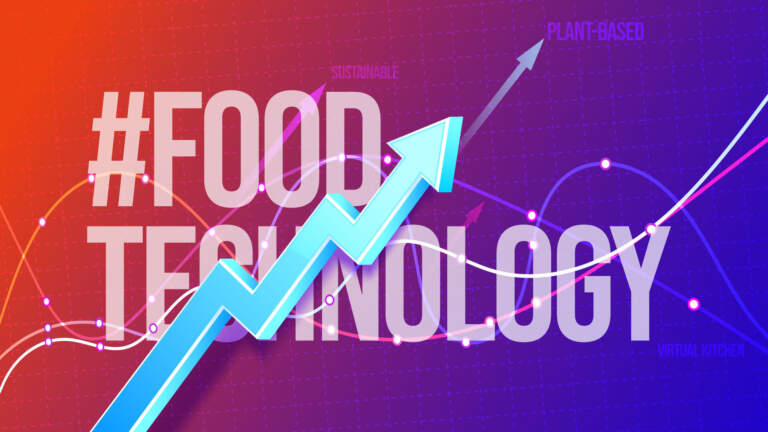

Leave a Comment